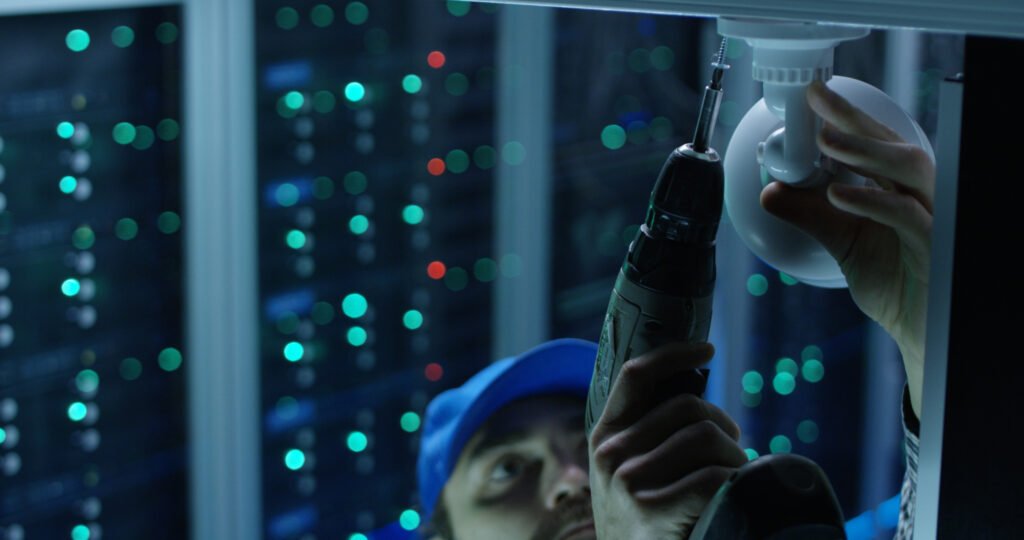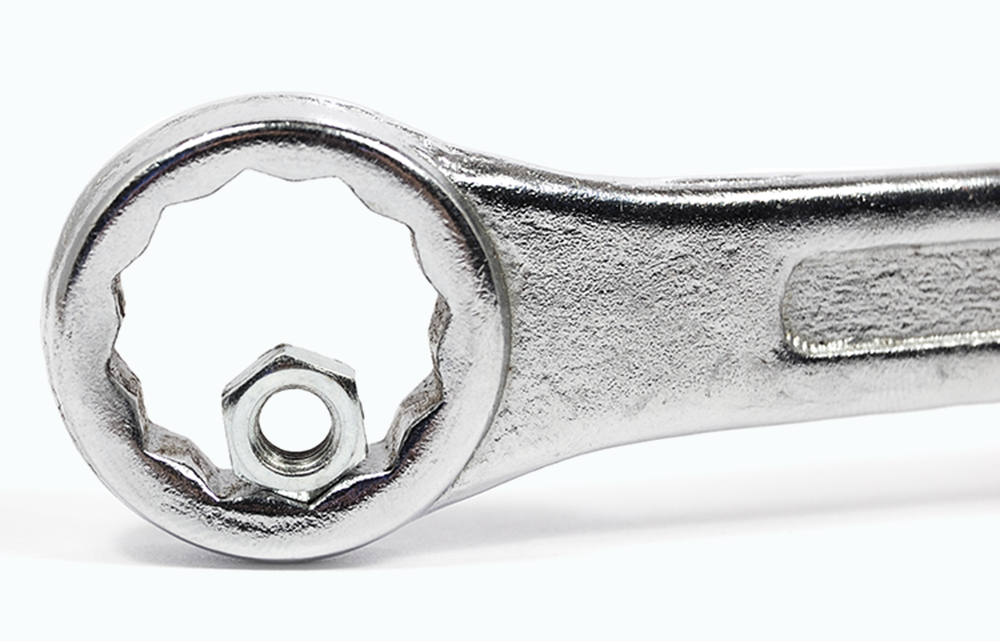CCTV Service Engineer Jobs

Introduction
CCTV engineer jobs are essential roles within the fire and security industry. These professionals are responsible for installing, maintaining, and repairing CCTV systems to ensure security in various settings. With the increase in demand for advanced security measures across the UK, the role of a CCTV engineer has become even more crucial. But what does the job really involve, what qualifications do you need, and what future opportunities are available?
What Does a CCTV Service Engineer Do?
A CCTV service engineer primarily works with CCTV, including access systems and other related security equipment, and is one of the essential jobs in fire and security. Day-to-day duties typically involve installing cameras, configuring software, and ensuring that the system is functioning effectively. Engineers also perform routine maintenance, upgrades, and emergency repairs. In addition, they are often called upon to design and implement security systems in large commercial and residential sites.
Key Responsibilities
- Installation and configuration of CCTV systems.
- Maintenance and repair of existing security equipment.
- Testing systems for performance and identifying any faults.
- Conducting site surveys and designing tailored CCTV based on specific requirements.
Required Skills and Qualifications
For those interested in pursuing a career in CCTV engineer jobs, a strong foundation in electrical engineering or a related field is highly beneficial. Many roles will require a combination of this knowledge, technical expertise and hands-on experience with CCTV systems. Common qualifications include:
- NVQs in electrical installation or maintenance.
- Certifications in CCTV and Access Control systems.
- Knowledge of schematics and system designs.
- A good understanding of fire and security protocols.
In addition to technical and business skills, having good attention to detail and the ability to respond to client needs quickly is essential.
Work Environment
CCTV engineers often find themselves working across various sites in London and throughout England. The role involves both indoor and outdoor work, meaning engineers need to be prepared to work in various environments. Flexibility and the ability to work under pressure are key traits for success. Engineers also need to be familiar with schematics and design plans to effectively install and troubleshoot systems.
CCTV Systems
In the UK, CCTV comes in various forms, each tailored to specific security needs. Some of the most popular systems include analogue cameras, which have been widely used for years due to their affordability and ease of installation. However, IP (Internet Protocol) cameras are quickly becoming the preferred choice for many businesses due to their ability to offer higher resolution images and remote access via the internet. Many modern CCTV systems are also integrated with advanced features such as motion detection, night vision, and access control, allowing businesses to monitor premises more efficiently. Systems like Hikvision, Dahua, and Axis Communications are among the leading providers of CCTV systems in the UK, known for their reliability and cutting-edge technology.
Opportunities in CCTV Engineering
The field of CCTV engineer jobs offers several pathways for career growth. With experience, many engineers progress to senior positions or move into a role in related fields such as system design or project management. The knowledge gained in this role can also open opportunities within the broader security and fire sectors, as well as in business development roles for security companies.
With London being a hub for security innovations, many opportunities arise for engineers looking to specialise in more advanced security systems, including integration with HVAC systems, fire, and other building management technologies.
Future Prospects for CCTV Engineers
The security industry in the UK, particularly in London and other major cities, is expected to grow significantly over time. As new technologies are developed, CCTV systems will continue to evolve, offering engineers the chance to work with cutting-edge equipment. The need for maintenance and upgrades of existing systems will also ensure a steady demand for qualified engineers.
Those with specialised knowledge and experience in CCTV and access control systems will find their skills in high demand. As security concerns rise, the future for CCTV engineer jobs looks promising.
The Importance of Ongoing Training
Keeping up with new technologies is essential for any CCTV engineer. Many employers will require ongoing training to ensure their engineers are familiar with the latest security developments. Engineers who take the initiative to upskill will not only increase their job security but also enhance their career prospects.
How to Get Started
If you’re interested in entering the field of CCTV engineer jobs, gaining relevant qualifications and experience is the first step. Completing courses in CCTV systems, maintenance and access control will help you stand out. Additionally, acquiring a solid understanding of schematics and design processes will boost your employability.
Conclusion
In summary, CCTV engineer jobs offer a dynamic and rewarding career path. Whether you’re maintaining existing systems or working on the latest technological advancements required, this role is essential to the broader security sector in England. With opportunities for progression, specialised training, and a growing demand for skilled engineers, the future is bright for those looking to pursue a career in CCTV systems.
Every Job is Easier if You Have the Right Tools
